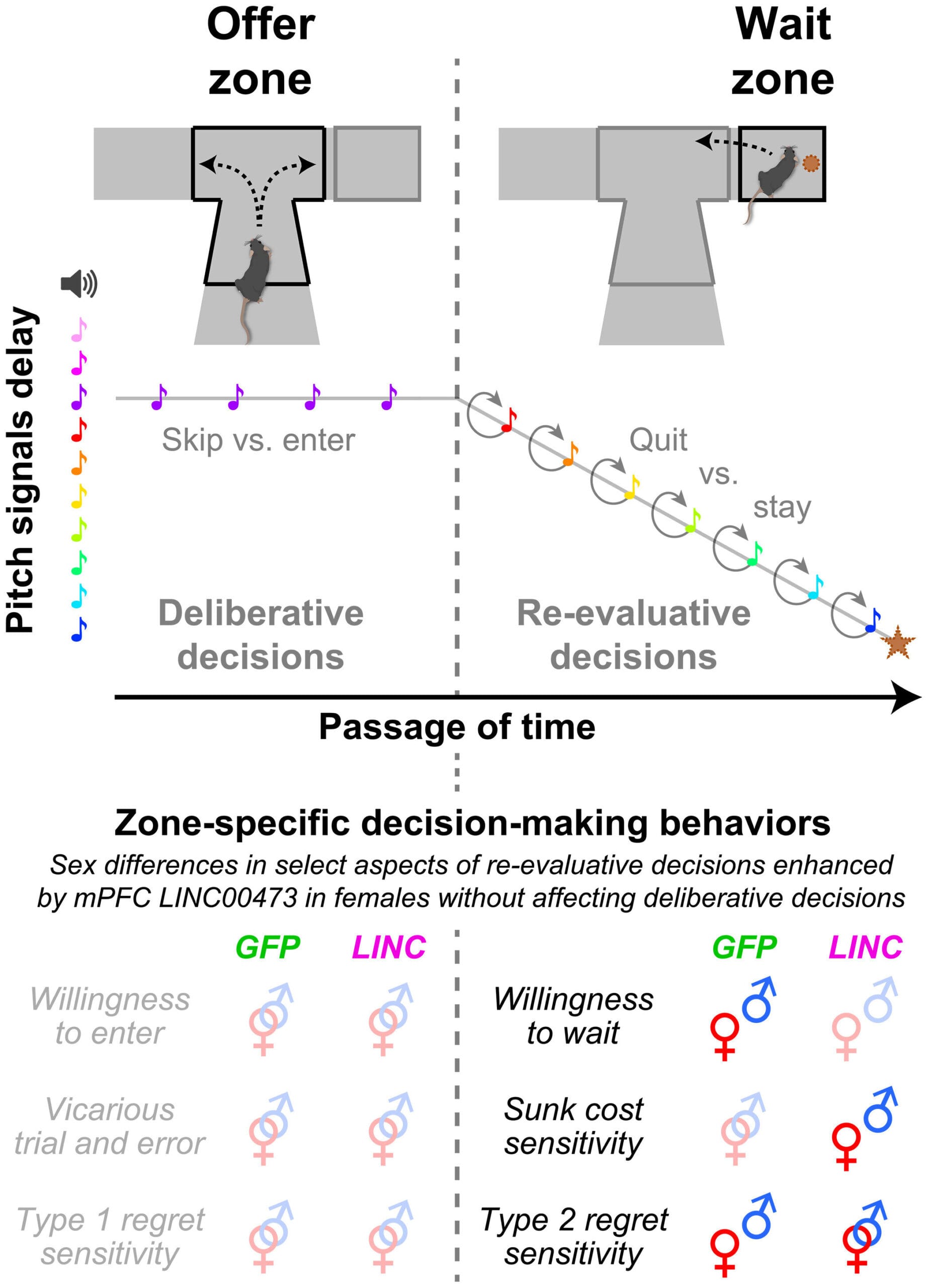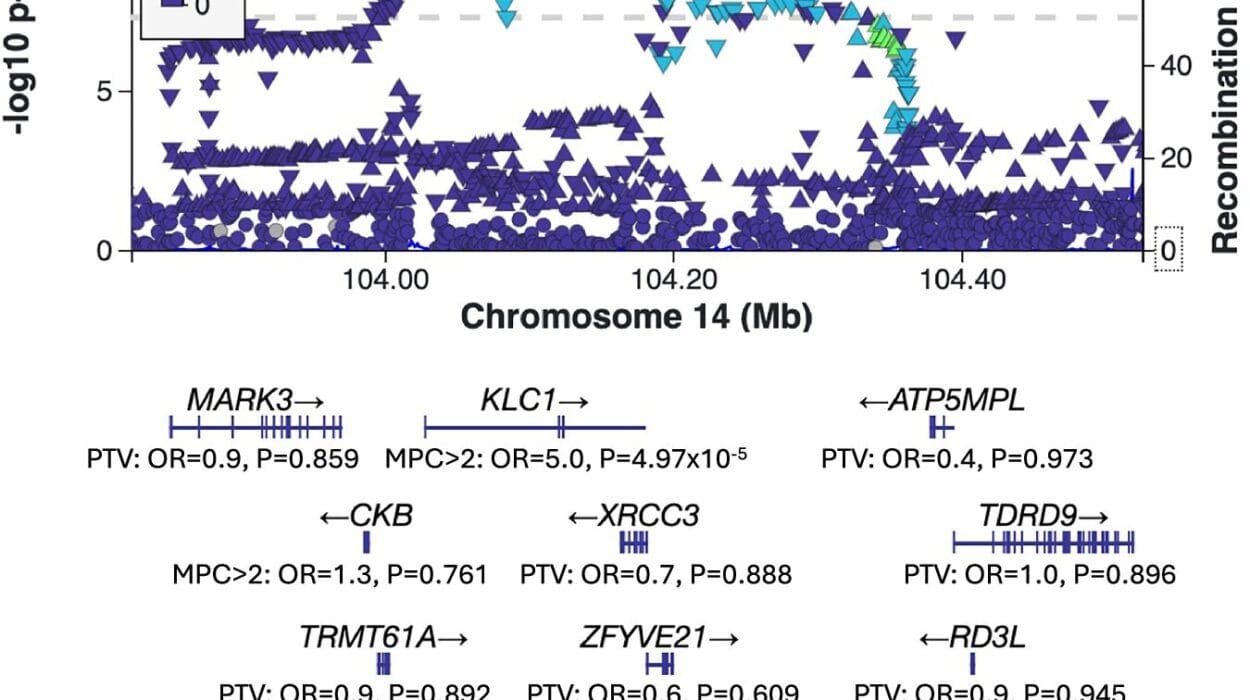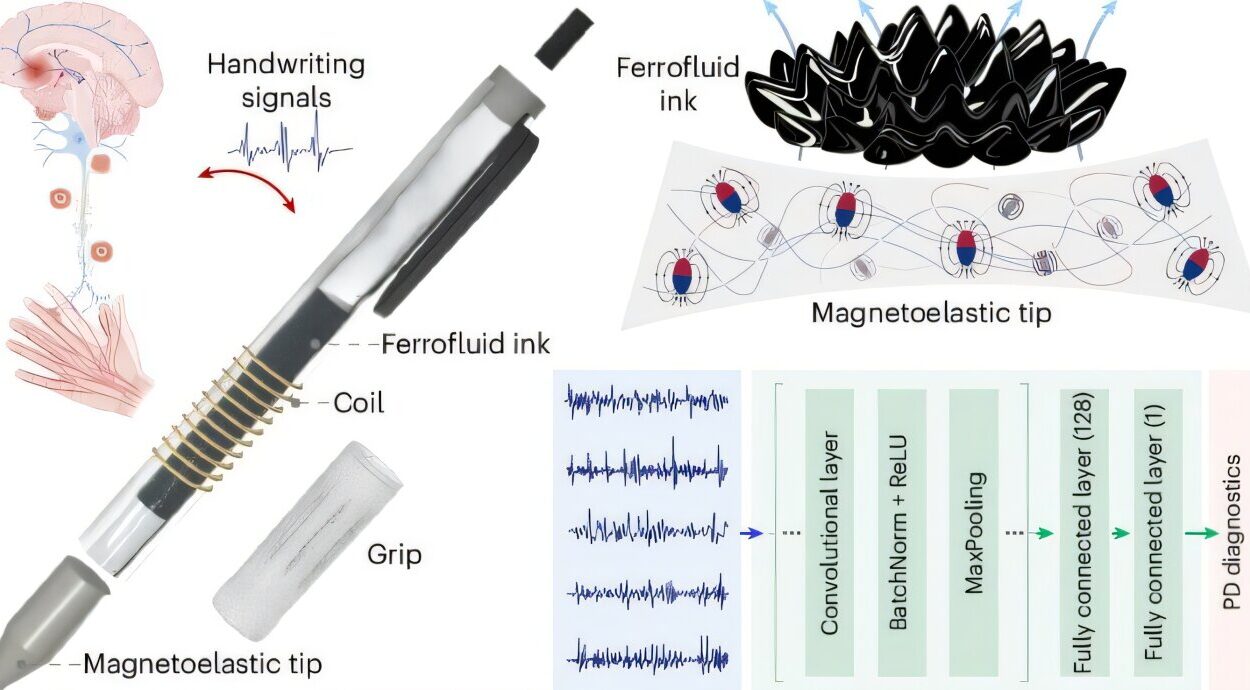Depression is one of the most pervasive mental health conditions, affecting millions globally. But did you know that women are twice as likely to experience depression as men? The reasons behind this gender disparity have puzzled scientists for years. A groundbreaking new study is shedding light on one key factor that might explain the difference—an overlooked type of RNA that influences the way the female brain makes decisions and processes emotions.
A team of researchers from the Icahn School of Medicine at Mount Sinai has uncovered a fascinating link between a specific type of RNA, decision-making, and resilience to depression—an insight that is not only crucial for understanding the gender gap in mental health but could also lead to more targeted treatments for depression in women.
The Gender Gap in Depression: Why It Matters
For decades, depression has been known to affect men and women differently. Women experience a higher prevalence of depression, and the symptoms often take on different forms. For instance, women are more prone to negative rumination, constantly replaying past mistakes or missed opportunities—something that can worsen their mood and contribute to feelings of hopelessness.
However, the neurobiological mechanisms behind these differences have remained a mystery. What causes women’s brains to process regrets, mistakes, and “sunk costs” differently than men’s? Why do these patterns contribute to the increased vulnerability of women to depression?
The new study, published on July 11 in Science Advances, is a significant step toward answering these questions, offering groundbreaking insights into how the brain’s decision-making mechanisms are linked to resilience and depression, especially in females.
A Previously Overlooked Molecule: Non-Coding RNA
The study focuses on a type of molecule called non-coding RNA, which, until recently, was largely overlooked in mental health research. Unlike messenger RNA, which plays a role in protein production, non-coding RNA doesn’t code for proteins. Yet, these RNA molecules have shown themselves to be far from useless. They are now recognized as crucial players in regulating gene expression and influencing brain function.
The breakthrough stems from earlier research, published in 2020, which found that one specific non-coding RNA, LINC00473, was underexpressed in the prefrontal cortex of women with major depressive disorder. The prefrontal cortex is essential for integrating mood with decision-making, and deficits in LINC00473 were found to be linked to a higher susceptibility to depression in women.
Building on these findings, the research team, led by Dr. Brian Sweis, MD, Ph.D., Assistant Professor of Psychiatry and Neuroscience at Icahn School of Medicine, set out to explore the precise role of LINC00473 in decision-making, particularly in the context of how individuals reflect on past choices.
Decision-Making: A Unique Gender Divide
In a remarkable series of experiments using animal models, researchers manipulated the expression of LINC00473 in the prefrontal cortex of mice. What they found was astonishing: altering the levels of this RNA molecule in female mice improved their ability to change their minds after making mistakes—something that could significantly affect how they process regret and “sunk costs.”
“Sunk costs” refer to the tendency to continue investing in a losing endeavor simply because of the resources already spent. This pattern is often seen in human decision-making, particularly in the context of depression. People—especially women—sometimes hold onto failed investments or missed opportunities, leading to rumination that negatively affects their mood.
The study’s findings were clear: when the levels of LINC00473 were increased in the prefrontal cortex of female mice, the animals became better at making decisions when it came to cutting their losses, abandoning unproductive behaviors, and moving on—an essential cognitive skill linked to resilience in the face of stress and adversity.
However, what was equally striking was the fact that these changes were seen only in female mice. Males, despite having the same manipulations, did not show the same shifts in decision-making behavior.
The Role of Regret and the Brain’s “Cost-Benefit” Analysis
The study also uncovered significant differences in how males and females process regret—an emotion that is deeply tied to decision-making. Regret, while painful, is also a powerful motivator for change and growth. In humans, it can help us learn from past mistakes, while in depression, it often amplifies feelings of despair.
By applying principles of neuroeconomics, the researchers demonstrated that females who had higher levels of LINC00473 became more sensitive to missed opportunities and sunk costs. This increased sensitivity could help them make more adaptive choices, even if it meant acknowledging failure and cutting their losses.
For the first time, the study showed that non-coding RNA plays a role in decision-making and cognitive flexibility—key components of resilience. The ability to reflect on the past and re-evaluate decisions is neurobiologically distinct from forward-looking planning and involves different brain circuits. These differences in brain activity could explain the gender-specific patterns in decision-making and emotion processing.
A New Path for Treatments: Targeting the Brain’s Resilience Mechanisms
The implications of these findings are profound. By highlighting how non-coding RNA influences female decision-making, the study opens the door for new therapeutic strategies targeting brain circuits involved in negative rumination, regret, and decision-making—mechanisms closely tied to depression.
Importantly, the study also suggests that therapies aimed at increasing levels of LINC00473 in the prefrontal cortex could help improve resilience in women with depression, potentially reducing rumination and making them less vulnerable to the depressive effects of regret and “sunk costs.” These insights could guide future drug development and brain stimulation treatments specifically tailored to women.
Dr. Sweis also points out that understanding how sensitivity to regret operates in the brain is crucial for developing more personalized psychotherapies. Some forms of regret are adaptive, helping individuals grow from their mistakes, while others can contribute to a vicious cycle of depression. Distinguishing these two aspects could be key to improving treatments.
The Road Ahead: A New Frontier in Depression Research
The study underscores the importance of interdisciplinary research, merging psychiatry, psychology, and neuroscience to unravel the complex neurobiological mechanisms of depression. This work has the potential to dramatically shift how we think about gender, decision-making, and mental health.
As Dr. Eric J. Nestler, MD, Ph.D., Interim Dean of the Icahn School of Medicine, states, “Translational cross-species research is crucial for making unexpected discoveries and accelerating the development of richer diagnostics, innovative treatments, and improved outcomes for those struggling with mental illnesses.”
While the road to personalized treatments for depression is long, this study brings us one step closer to understanding the gendered nature of decision-making and emotion processing. With each breakthrough, we move closer to more effective therapies, ultimately giving individuals the tools to regain control over their emotions, decisions, and mental well-being.
Reference: Romain Durand-de Cuttoli et al, Change-of-mind neuroeconomic decision-making is modulated by LINC00473 in medial prefrontal cortex in a sex-dependent manner, Science Advances (2025). DOI: 10.1126/sciadv.adr3228






